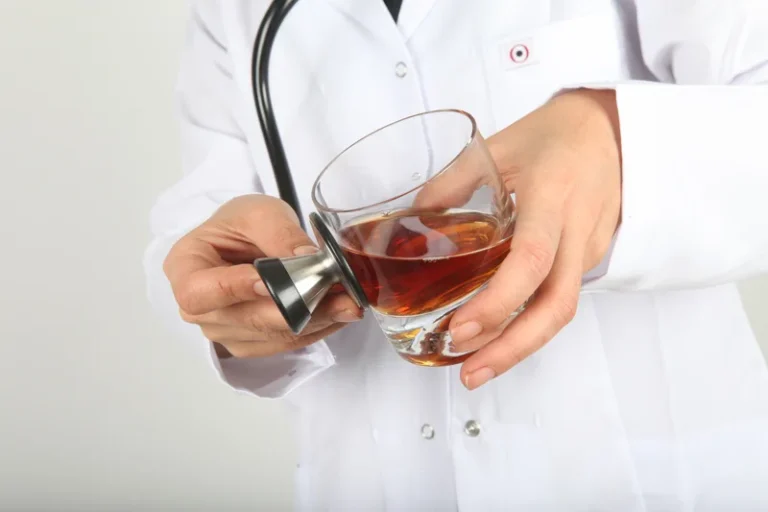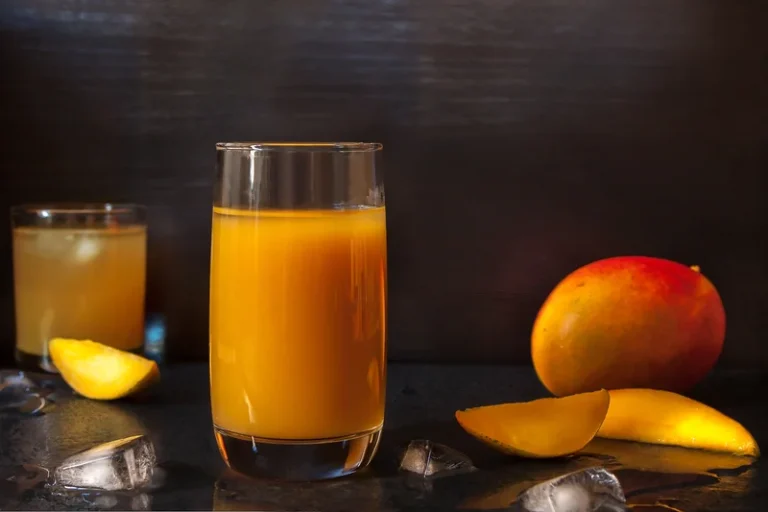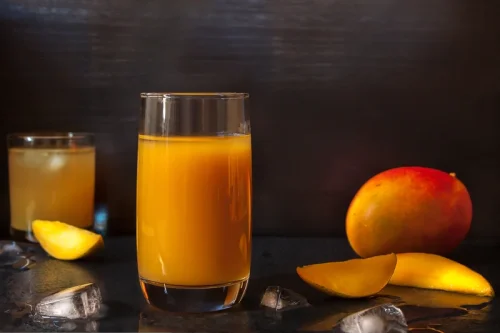
Understanding these effects is crucial for making informed choices about your drinking habits and maintaining optimal eye health. The impact of alcohol on vision is not merely a matter of blurred lines or double vision after a night out; it encompasses a range of physiological changes that can affect your overall well-being. You may have had the experience of having too much to drink one night, maybe at a party or celebration; things begin to get blurry as the alcohol affects your brain and vision. This usually goes away after a short time and is temporary, along with a hangover and headache. Florida Eye Specialists and Cataract Institute would like you to gain some knowledge about eyes and alcohol and whether excessive drinking can lead to eye problems. There are many reasons to stop drinking, and damage to vision—whether short- or long-term—is one of them.
Long-term effects of alcohol on the eyes

Alcohol tends to affect the speed at which your iris constricts and dilates. A driver that has been drinking alcohol cannot adapt as quickly to oncoming headlights. Additionally, consider alternating alcoholic beverages with water or non-alcoholic drinks throughout the evening. This practice not only helps keep you hydrated but also slows down your overall consumption of alcohol. If you’re planning on engaging in activities that require clear vision—such as driving or operating machinery—it’s best to avoid drinking altogether or designate a sober driver ahead of time. If you are struggling with alcohol abuse or addiction, a professional alcohol detox program can assist you on the road to sobriety.
- Since the optic nerve transmits visual information to the brain, intoxication leads to deteriorating vision.
- Tobacco-alcohol optic neuropathy, also known as tobacco-alcohol amblyopia, is common in heavy alcohol drinkers and can be irreversible depending on the nerve damage.
- Alcohol is a common trigger for migraine headaches as well as ocular migraines.
- Over time, frequent alcohol abuse can lead to permanent visual impairments, including cloudy vision, double vision, light sensitivities, and reduced color perception.
Seeking Treatment for Alcohol-Related Vision Issues
Another short-term and well-known effect of alcohol on the eyes is blurred or double vision. Alcohol intoxication impairs gamma-aminobutyric acid (GABA) activity in the brain, which may result in visual impairments. Other neurological functions affected by severe intoxication can also cause individuals to experience difficulties focusing and seeing clearly.
Eyes and Alcohol: The Effects of Drinking
Even with treatment, over 30% of individuals will still have some permanent damage. Fetal alcohol syndrome (FAS) is a condition babies develop when pregnant mothers abuse alcohol. FAS increases the chances of unborn babies developing mental and physical defects such as eye diseases. To understand the effects of alcohol on our vision, you must first understand different blood alcohol levels. In fact, we experience rapid eye movements at night during our REM cycle of sleep. Rapid eye movements while awake, however, are a rare and unusual occurrence.

This means that it can take a little longer than usual for your brain to recognize what you are seeing, and it can take longer than usual for you to decide what to do about it. Drinking too much alcohol can alter your contrast sensitivity, or how precise you can discern between shades of gray. Twitching is usually a mild condition, involving involuntary spasms or contractions of the muscles around the eye. It varies in frequency and duration, ranging from a few seconds to several minutes. Adopting a sober lifestyle doesn’t mean you can’t enjoy social gatherings, events, or parties. Altering your perception and mindset allows you to recognize how the benefits of sobriety outweigh all the things you think you’re missing out on.
- It varies in frequency and duration, ranging from a few seconds to several minutes.
- While moderate drinking may not significantly impact overall health, excessive alcohol intake can lead to numerous health issues, including vision and eye problems.
- You might not see very well on your right and left sides, which can cause you to ignore objects on your sides.
- This usually goes away after a short time and is temporary, along with a hangover and headache.
- A doctor can provide more details about what a person can do to address their vision issues.
Even small changes can help reduce a person’s risk of developing issues with their eyes or other aspects of health. Alcohol can blurry vision hangover exacerbate this condition by affecting blood sugar levels and increasing inflammation in the body. Furthermore, uveitis, an inflammation of the middle layer of the eye, has also been linked to heavy drinking. This condition can cause redness, pain, and blurred vision, and if left untreated, it may lead to serious complications such as glaucoma or cataracts. Since our eyes and brain work together to produce the images we see, alcohol can affect vision. Long-term, alcohol can interfere with the absorption of the nutrients we need for good eye health, such as vitamin A.

If you find yourself experiencing vision problems related to alcohol consumption, seeking treatment should be a priority. The first step is often consulting with an eye care professional who can assess your symptoms and recommend appropriate interventions based on your specific needs. Occasionally drinking moderate amounts of alcohol doesn’t usually cause any health problems. But if you are a heavy drinker—which means consuming alcohol more than a few times per week or binge drinking—you will likely experience health issues as a result.
Eye twitching
It can also impact the optic nerve and the brain’s ability to process visual information. When you drink excessively, your body may become dehydrated, which can exacerbate dry eye symptoms and lead to further complications if left unaddressed. Moreover, alcohol can interfere with the absorption of essential nutrients necessary for maintaining healthy eyes. For instance, vitamin A plays a crucial role in maintaining good vision and overall eye health; however, excessive alcohol intake can hinder its absorption in the body. When you consume alcohol, the immediate effects on your vision can be quite pronounced.

